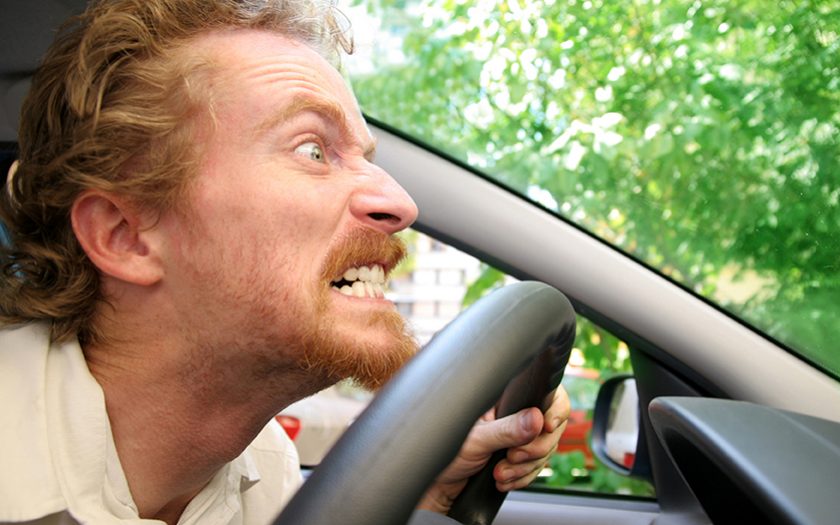FEW THINGS ON THE ROAD are as scary as becoming the target of someone else’s road rage, but it seems to be happening more often.
One of the best ways to avoid becoming a victim is to stay alert to early signs of someone else’s road rage (we know: you shouldn’t have to, but, like avoiding other people’s accidents, it’s another imposition for road users).
UK road safety (and breakdown cover) specialist, GEM Motoring Assist offers some advice as road traffic levels return to pre-lockdown levels across Australia.
GEM chief executive Neil Worth commented: “Most of us will have some experience of being on the receiving end of someone else’s aggression. Thankfully, violent and unprovoked attacks are rare, but it pays to be observant and if possible to recognise signs of trouble at their earliest stages.
Here are a few steps that will hopefully reduce the risk for a driver of being the target of someone else’s aggression:
Keep calm and show restraint. Every journey brings the risk of frustration and conflict. Make a pledge to be patient. Avoid using your horn or making gestures in anger.
Avoid competition and resist the desire to ‘get even’. If the standard of someone else’s driving disappoints you, don’t attempt to educate or rebuke them.
Don’t push into traffic queues. If you stay put and signal clearly, you won’t wait long before another driver lets you in. But no one likes being forced into giving way.
Say thank you, say sorry. Courtesy encourages co-operation on the road. If you make a mistake (and we all do…) or perhaps cut things a bit fine, then a gesture of apology avoids confrontation and helps defuse anger.
Move away from trouble. If you feel seriously threatened by another driver, ensure your car doors are locked, then drive (at legal speed) to the nearest police station or busy area (petrol station forecourts are ideal). Use your mobile phone to alert the police. Pressing the horn repeatedly or continuously is likely to deter a potential attacker.
Neil Worth concluded: “We encourage drivers to leave plenty of time for their journeys, which means they can feel calm and in control at the wheel. Stress can lead to risk taking, and this in turn increases the likelihood of aggressive incidents.
“We also urge drivers to avoid becoming involved in situations they recognise as dangerous or risky. If you’re worried about another driver who may be in danger, then stop and call the police.”
One of the usual road rage tactics is tailgating. Read what to do if you’re being tailgated here
